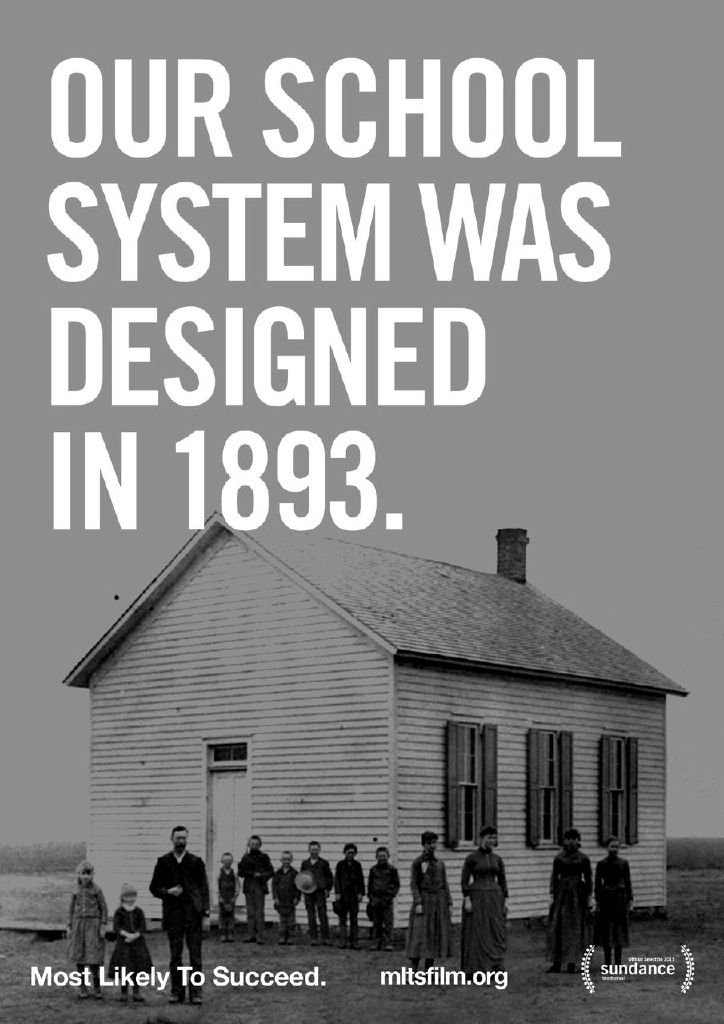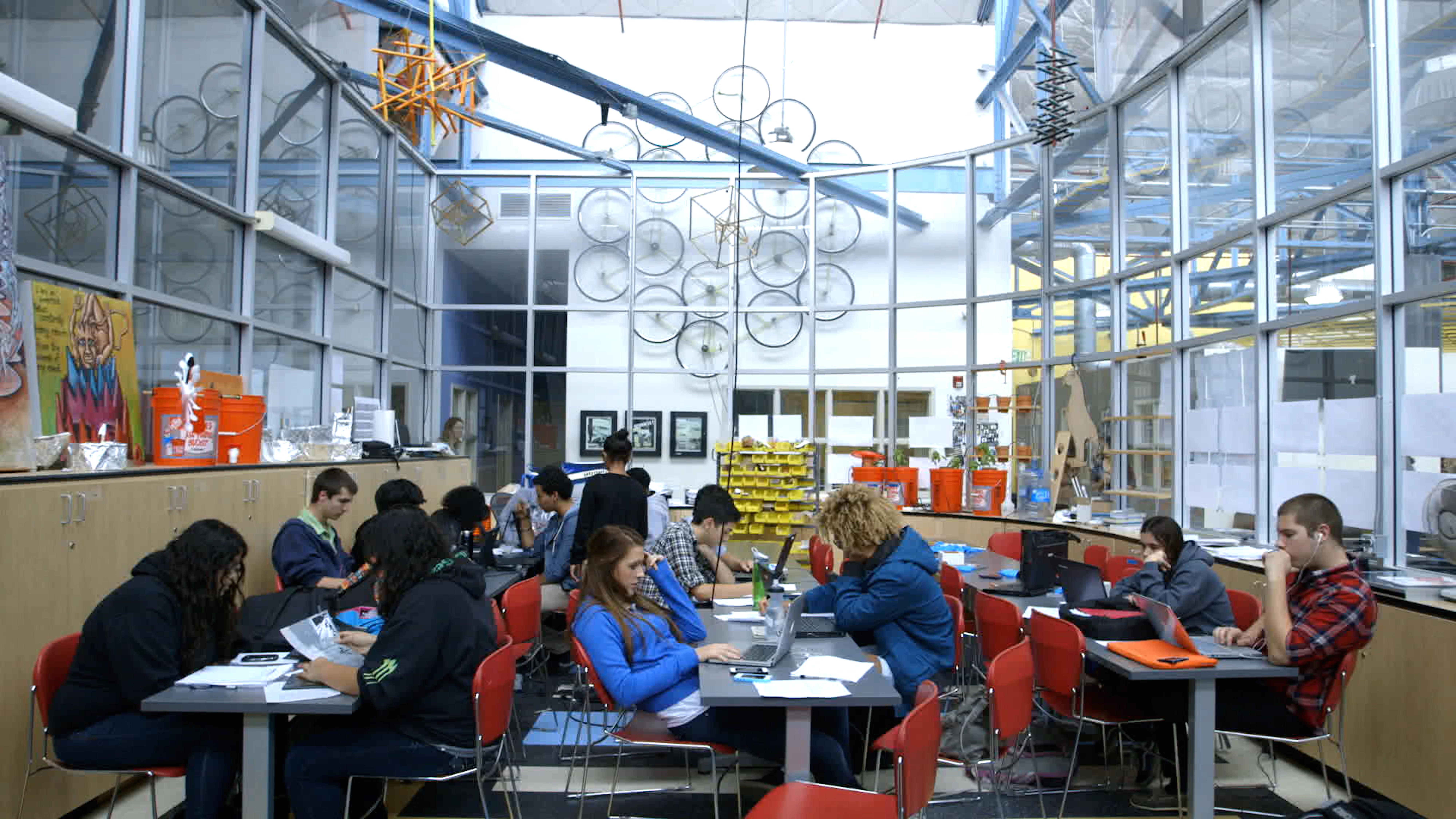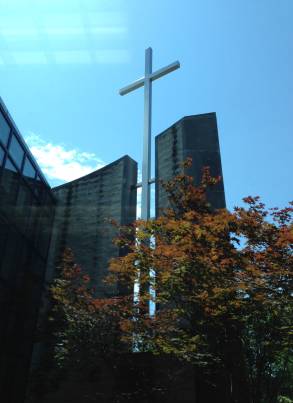
Rockhurst High Schools hosted 320 people on October 4th, 2016 for a film screening of Most Likely to Succeed. This events aimed to inform the local community of the future trends in education. The movie does an excellent job of articulating some major assumptions that initially built our educational model and then proposes some existing alternative approaches. Following the film, a panel of local educators answered questions about how the themes of the film are playing out in Kansas City. A few days after that, Rockhurst faculty members came together over lunch to share their reflections as well.
More information about the movie can be found here.
After the event, I received the following wonderful parent email:
“Bravo! Last night really helped me to understand some of the moves that Rockhurst is making in educating young men. I really see how focusing on the student is part of educating the whole person. As a spiritual director, I often see in my younger directees, which happen to be women, a lack of confidence that stems from perfectionism, that I can see has been perpetuated by expectations to get A’s. Learning by doing is how God works with us as well. We pray for graces but the graces are received when we step into the void of uncertainty. It is by experiencing live that we experience God, hence finding God in all things.” - Former parent
We sent out surveys to participants and the following two responses stood out to me:
“Finding a learning environment in KC for my daughter, who would THRIVE in a school like High Tech High, and is drowning in a traditional school learning environment.” - Concerned Parent
“I have a son who is at Rockhurst University and a RHS student. I’m trying to convince them both that in the future, kids will learn not only Reading, Writing, and Arithmetic . .. but also how to write code. They don’t see it, but I do.” - Current Parent
Rockhurst faculty came together over lunch the following day and reflected over the themes of the movie. Faculty members acknowledged the pertinent questions about the value of a college degree compared to the price of tuition. Faculty loved the notion of celebrating student work during public exhibitions. Overall, it seems like showing the movie to the entire faculty would be a good idea for the future. Perhaps even a school wide reading of the book version of the film.
A huge thanks goes out to David Reid, from Gould Evans, for initiating this film screening. Additionally, my esteemed co-panelists Dr. Mandi Sonnenberg, professor at Rockhurst University, and Scott Kreshel, educator at Blue Valley Caps, continue to inspire me to be a better educator.
Hopefully, this event is one example of how Rockhurst High School can spread awareness to the community about the changing nature of education. In this way, Rockhurst serves the community as a “School for Others.”
Noteworthy Stats provided by the film:
53% of recent college graduates are under—or unemployed.
Student engagement in school plummets as they get to higher grades—from 80% in elementary school to just 40% by the beginning of high school.
Just 11% of employers—yet 96% of academic provosts–believe colleges are effective in preparing graduates for the workplace.
A Lego Foundation study reports that students lose more than 90% of their creative capacity during their school years.
Gallup found that college grads who had opportunities to apply classroom learning to internships, jobs, or ambitious projects are twice as likely to be engaged in work later in life.
65% of today’s grade-school children will end up in jobs that haven’t been invented yet.
The current length of a job for a millennial is an average of 2.6 years, and millennials will have 15-20 jobs over the course of their working lives.
By 2020, 40% to 50% of all income-producing work will be short-term contracts, freelance work and so-called SuperTemps.
45% of recent college graduates return home to live with their parents.





Comments